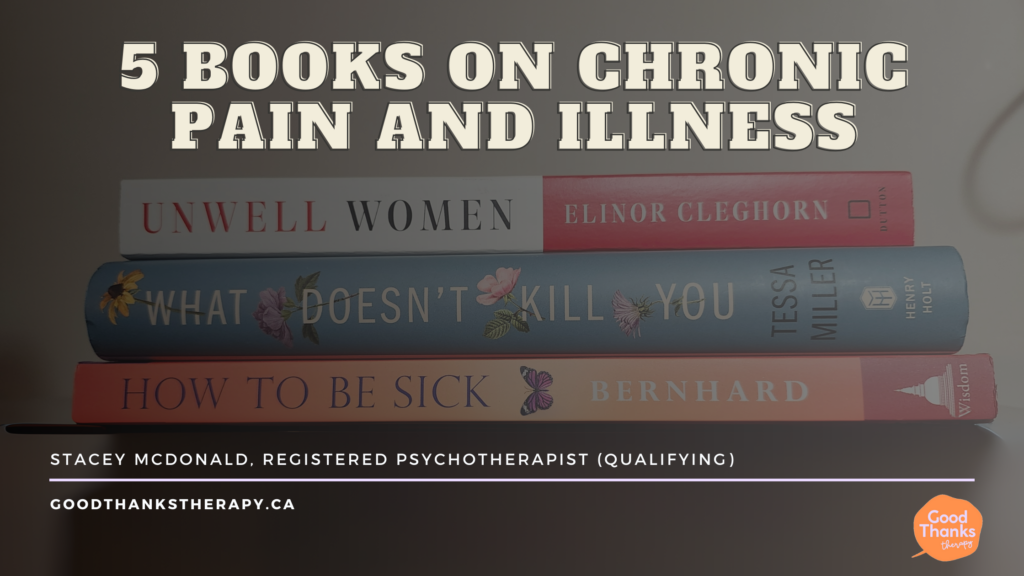Living with chronic illness is hard enough as it is, but it can be even harder trying to explain to others the impact that your health condition(s) have on your daily functioning. Sure, they might understand that doctor’s appointments can be scary and time-consuming, or that medications have annoying side effects, but what about all the simple daily tasks that come at a “cost?” That’s where spoon theory comes in.
History of Spoon Theory
The origin of spoon theory has been tied back to Christine Miserandino and helps those with chronic conditions explain the impact of their conditions on their daily functioning—typically to others in their life who don’t live with similar conditions. It’s a way of explaining one of the more challenging parts of chronic illness, the constant need to consciously think through most, if not all, parts of the day. Everything, from brushing your teeth to what to make for dinner, needs to be considered. Now, I know what you’re thinking, we all consciously think about these things, but I’d invite you to reflect on that, especially if you’re someone who doesn’t live with a chronic condition, as you read the examples of spoon theory I’m about to share below.
How Spoon Theory Works

We all have limited energy (spoons) each day, and everything we do in a day will cost us a certain amount of energy or spoons. Just like each person starts their day with a different number of spoons, each activity has a different “cost,” which will also depend on the person and their condition(s).
For example, if you have ADHD, an executive functioning task may cost you a full 5 spoons, whereas if you have chronic pain, taking your dog for a walk may cost you 5 spoons. Those who don’t live with chronic condition(s), may only use up 5 spoons when doing an intense workout, hike or something that is both physically and mentally demanding.
How many spoons you have in a day varies based on a number of factors, from symptoms and flare-ups to how much you’ve done the previous day or week. Learning to gauge how many spoons you have and what each task in a day is going to cost you is an important part of getting to know and understand your chronic health condition and how it impacts your daily life.
Spoon Theory in Action

So, let’s see spoon theory in action. Here’s an example, let’s imagine you live alone with your dog and have chronic back pain. You woke up today, having had a bad flare-up of pain for the last few days but you’re feeling a bit better so you’re starting your day with 10 spoons.
Despite feeling better, getting out of bed each morning is always hard for you as your back feels stiff and painful from sleep. So, getting out of bed and getting dressed for the day costs you two spoons. Next, you know it’s helpful for you to get up and move and ease some of that stiffness in your back, so you decide to take your dog for his morning walk. A quick 30-minute leisurely walk around the park near your house costs you another two spoons. You’ve just started your day and you’re down to 6 spoons. Here’s where you have to start being more mindful of how you spend your spoons.
You’re lucky that you work from home and don’t have to commute to work, but you have a pretty long day ahead of you. You work for 8 hours, and that costs you 4 spoons. Darn, two spoons left, and you still have to make dinner, shower, wash the dishes, and hopefully take your dog out for another walk. Something’s going to have to give for you to make those 2 spoons last the rest of your night.
You know standing in the kitchen making dinner and then washing dishes is really hard on your back and will cost you the rest of your spoons, so you opt to order a salad from the cafe next to your house so you can bring your dog out for another quick walk to pick up your food. It’s just a short distance, so it only costs you 1 spoon. Great! One spoon left and it’s nearly bedtime. You decide that to save spoons, you’re going to shower in the morning – today has been a fairly good pain day so you want to take advantage and do some light stretching before bed because you haven’t been able to for the last few days. That costs 1 spoon.
All your spoons have been used for the day, and while there are still things you need to do, you know that pushing yourself will make things harder for you tomorrow, so you head to bed.
Managing Spoons
While this was a pretty basic example, it gives you an idea of what it can be like for those living with chronic conditions (and/or neurodivergence). Regardless of how long you’ve managed your conditions, there are days when you run out of spoons before you’re finished everything you need or want to get done that day.
Creating a “safety net” is one way a lot of people with chronic health concerns can manage spoons. These include things like having frozen dinners or leftovers on hand, grocery delivery, dog walkers, etc. that make things a bit easier when you need to stretch your spoons a little further that day – especially for those who don’t have other supports (i.e. live alone) to help with certain tasks.
Part of managing spoons is checking in with yourself daily to see how you’re feeling and choosing what you want and need to do each day with the spoons you have. You may wake up tomorrow and have 5 spoons because you pushed yourself too hard or are having a flare-up, or you may have 20 spoons because a new medication is working or a good night’s sleep.
Pacing and Activity Scheduling
Paying attention to how many spoons you have each day and what each activity typically costs you is how you learn to pace yourself and understand your limits living with your chronic condition. This, in turn, gives you more control and can improve your daily functioning. Pacing yourself when needed, and knowing when you can put in a bit more effort and push yourself a bit further is a difficult balance but can become a natural part of living with chronic health concerns with awareness. This is where the support of a therapist can be beneficial.
Therapists can help you understand and assess your limits and process any emotions, thoughts or behaviours you notice coming up. For many, the “learning” stage can bring up feelings of anger, resentment, and grief, especially when your chronic health concern is new. You may notice behaviours you do that keep setting you back, or thoughts that you get hooked on that can derail your day. Using evidence-based theories and interventions such as Acceptance and Commitment Therapy (ACT), activity scheduling, mood/thought diaries and more, your therapist can support you in finding a balance that allows you to enjoy life and do the things you value while also honouring your limits.
Conclusion
Spoon theory started as a way for those with chronic health conditions to express their limited capacity and need to manage their energy to those without lived experience but has expanded to include neurodivergent individuals, and those living with mental health concerns. However, I think we can all learn something from spoon theory – the importance of not overextending ourselves.
Stacey McDonald offers chronic pain therapy and chronic illness therapy and has lived experience of both. If you live with or were recently diagnosed with a chronic health condition or want to better understand your limits and avoid burnout, you can book a FREE 20-minute consult to see if therapy may be helpful for you.



